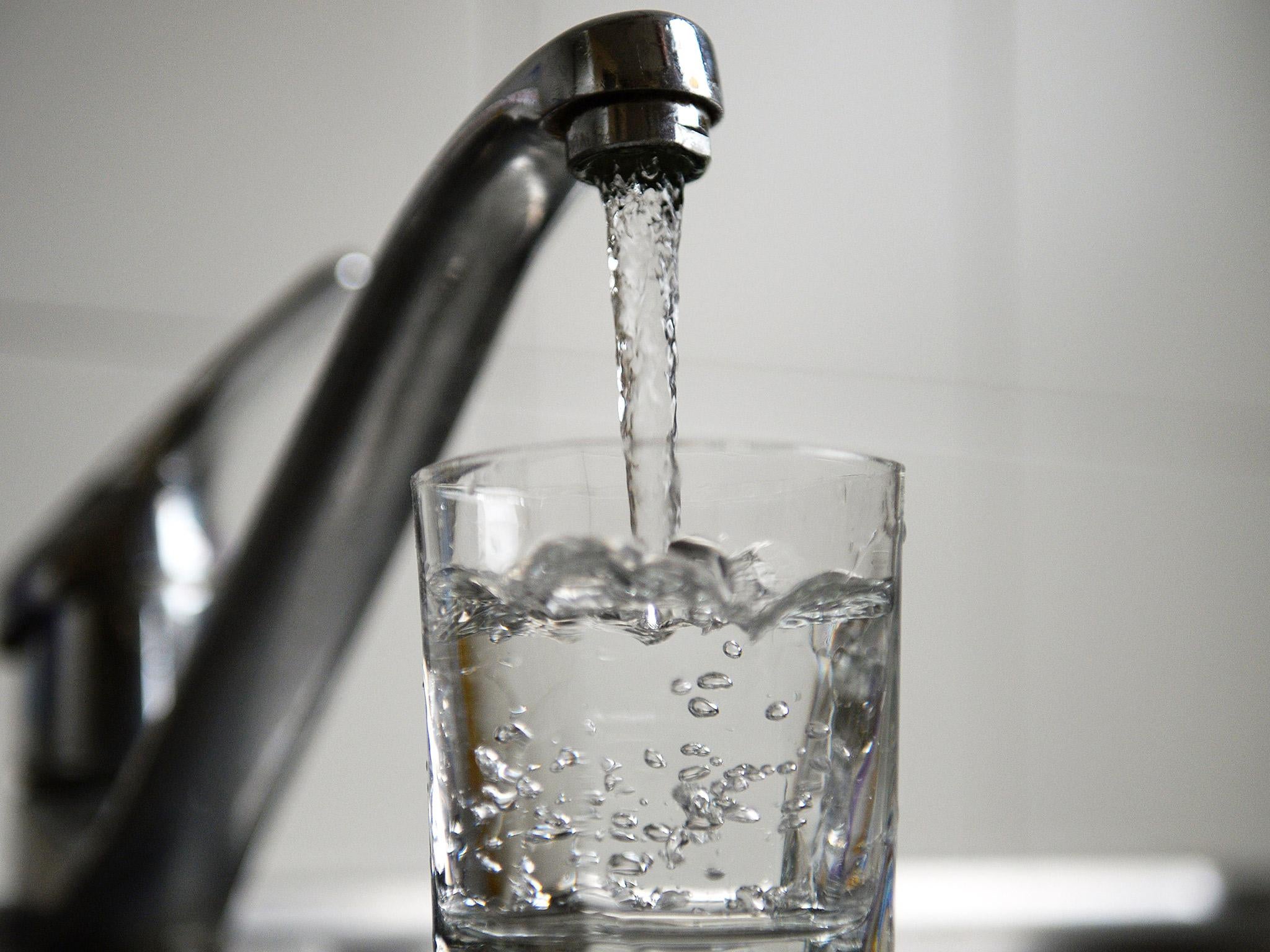Ofwat should be investigated alongside water companies over cold snap supply failings
Given the industry's fat profits and problems it's fair to ask if its regulator is doing enough

Did you know that Britain’s water companies have a regulator?
You could have been forgiven for wondering about that after the events of the past few weeks.
The recent cold weather was a lot colder than it needed to be, for some of the customers of four of the privatised water companies. They were left without supply.
Some got bottles, an inadequate substitute for the mains but better than nothing. Incredibly, they could actually count themselves as lucky.
But wait, what’s this? Ofwat, the “economic regulator” that says its aim is to “help build trust and confidence in water”, has awoken. The watchdog has pledged to “review the water sector’s handing of recent supply interruptions”.
“Through this review, we are aiming to get to the bottom of why this happened and to identify what lessons can be learned, so customers experience minimum disruption in these kinds of circumstances in future,” declared chief executive Rachel Fletcher.
One wonders if, in the course of their deliberations, the team assigned to the project will take on a review of Ofwat's own performance.
It surely ought to. And if Ofwat doesn’t want to ask that question, someone else should. Failings like those that occurred during the cold snap might not have happened had the sector been properly, and more tightly, overseen, and had more of its handsome profits been diverted towards investment.
Ofwat’s own data indicates that water companies took in £11.7bn from domestic and business customers for the financial year ending in 2017. They made a profit of just under £2bn on it. That represents a margin of an eye-popping 17 per cent.
From those profits, £1.4bn in dividends were paid out to the owners. Between 2007 and 2016 the total payout amounted to about £18bn.
Unacceptable in the wake of recent events? There are many who would say yes.
The questions raised over profits vs investment aren’t new. The recent interruption to supply faced by some is also just one in a lengthening list of problems.
Consider Thames Water, one of the most heavily criticised of the privatised water companies. Just last year it was fined £8.5m for missing leak targets. There was another fine of £20.3m after huge leaks of untreated sewage into the River Thames.
Ofwat has itself said that a quarter of the water pumped in London leaks away before it reaches customers. At the current rate, it will take 357 years to renew the network of ancient pipes supplying the capital.
Thames, the corporate structure of which has been described as about as murky as the water in its namesake river, may be the poster child for the industry’s problems. But it’s hardly alone in having customers with a view of their water provider polluted by poor performance.
All this serves to raise questions about the body charged with overseeing Thames and its peers: whether it has the mandate and the powers it needs, and whether it is sufficiently willing to use those that it has.
As part of a previous examination of water industry profits and behaviour, I was starting to find myself in receipt of a fierce defence of privatisation, and the investment being undertaken by privatised water companies from Ofwat.
I found myself wondering whether this was entirely appropriate from a watchdog that says its vision is “to be a trusted and respected regulator working at the leading edge”.
Ofwat says it focusses on “what matters to customers, the environment and society, both now and in the future”.
What matters to them is a consistent supply at a sensible price. Recent events have contributed to the view that they aren’t getting it.
Ofwat must take at least a share of the responsibility for that.
Join our commenting forum
Join thought-provoking conversations, follow other Independent readers and see their replies
0Comments